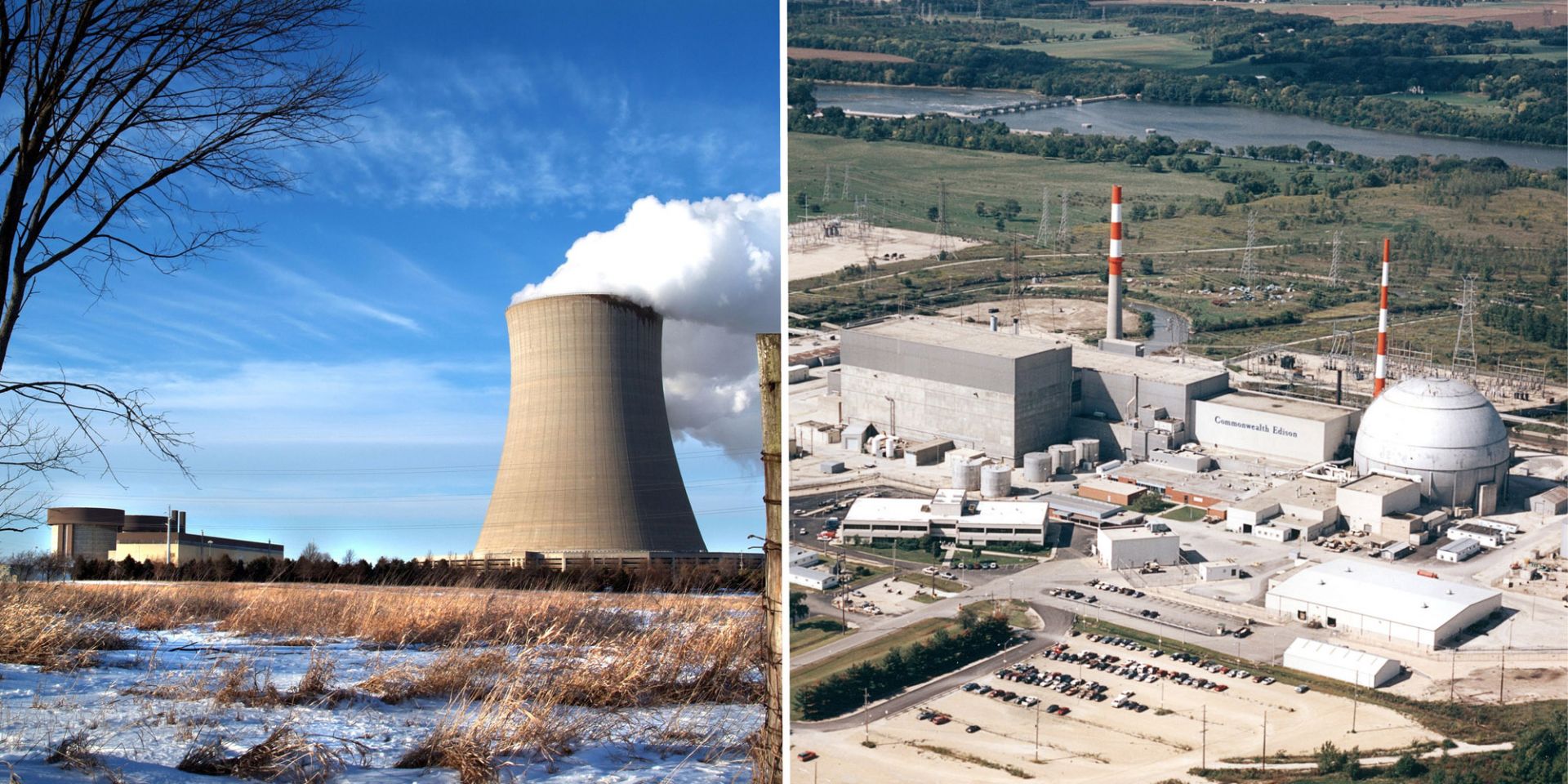 Eric Goldin, president of the Health Physics Society, is a radiation safety specialist with 40 years of experience in power reactor health physics, supporting worker and public radiation safety programs. A certified health physicist since 1984, he has served on the American Board of Health Physics, and since 2004, he has been a member of the National Council on Radiation Protection and Measurements’ Program Area Committee 2, which provides guidance for radiation safety in occupational settings for a variety of industries and activities. He was awarded HPS Fellow status in 2012 and was elected to the NCRP in 2014.
Eric Goldin, president of the Health Physics Society, is a radiation safety specialist with 40 years of experience in power reactor health physics, supporting worker and public radiation safety programs. A certified health physicist since 1984, he has served on the American Board of Health Physics, and since 2004, he has been a member of the National Council on Radiation Protection and Measurements’ Program Area Committee 2, which provides guidance for radiation safety in occupational settings for a variety of industries and activities. He was awarded HPS Fellow status in 2012 and was elected to the NCRP in 2014.
Goldin’s radiological engineering experience includes ALARA programs, instrumentation, radioactive waste management, emergency planning, dosimetry, decommissioning, licensing, effluents, and environmental monitoring.
The HPS, headquartered in Herndon, Va., is the largest radiation safety society in the world. Its membership includes scientists, safety professionals, physicists, engineers, attorneys, and other professionals from academia, industry, medical institutions, state and federal government, the national laboratories, the military, and other organizations.
The HPS’s activities include encouraging research in radiation science, developing standards, and disseminating radiation safety information. Its members are involved in understanding, evaluating, and controlling the potential risks from radiation relative to the benefits.
Goldin talked about the HPS and health physics activities with Rick Michal, editor-in-chief of Nuclear News.



 A recently published paper on clean energy policy for economic recovery calls for the preservation of the current U.S. nuclear reactor fleet and the deployment of advanced nuclear technologies.
A recently published paper on clean energy policy for economic recovery calls for the preservation of the current U.S. nuclear reactor fleet and the deployment of advanced nuclear technologies.

 The European Union’s education and training policy must do more to ensure that the nuclear sector has a sufficient number of people with the right skills, according
The European Union’s education and training policy must do more to ensure that the nuclear sector has a sufficient number of people with the right skills, according 


 Eric Goldin, president of the
Eric Goldin, president of the 

